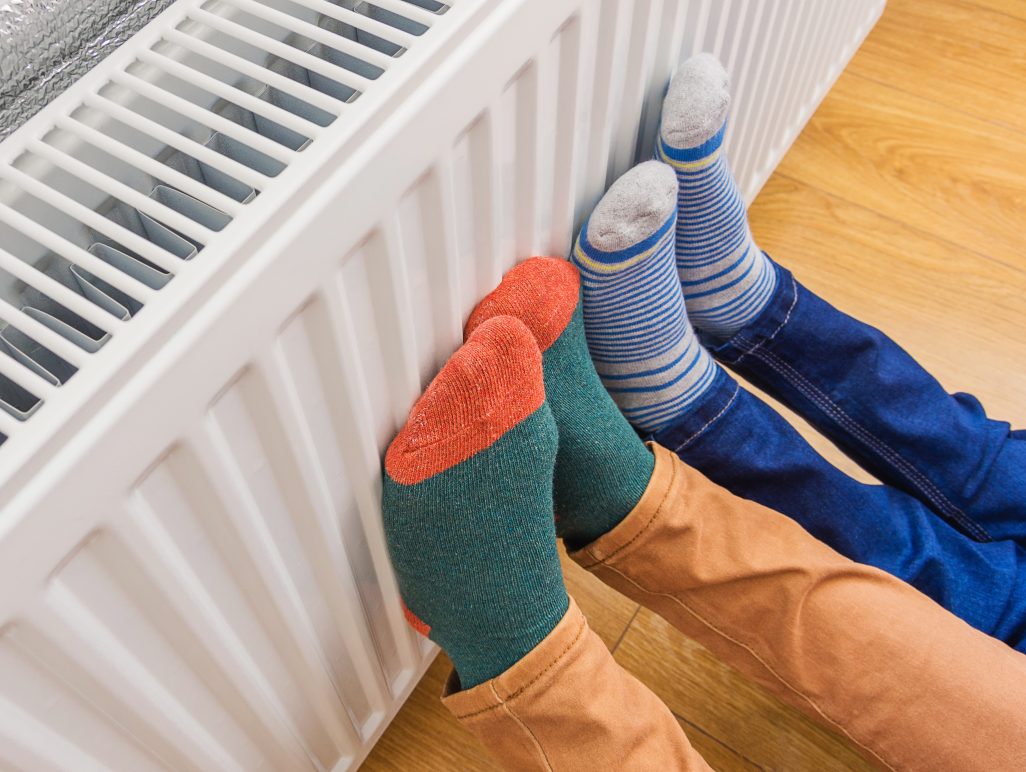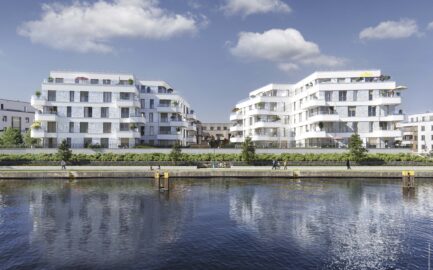Winter’s long upon us, and given the rising energy prices, many people are rightly asking themselves how to heat their home or apartment as efficiently as possible. It’s not just about saving costs. Often with even minor optimisations, proper heating allows us to significantly reduce our CO2 emissions and help protect the climate.
Regardless of the heating system available and the fuels used, there are several general rules to note.
The most important do’s:
- Close windows and doors properly; closing shutters/blinds and curtains at night also keeps the heat in the room.
- Windows, doors and walls should also be well insulated. If this is not the case, you should get professional help instead of handling it yourself.
- Bleed the heating system regularly to prevent heat loss problems – there are numerous step-by-step instructions online.
- Use a radiator thermostat: it simplifies heating individual rooms and enables less energy loss.
- Have the heating system serviced at least every two years.
- Insulate well behind the radiator: this helps to reduce heat loss through the outside wall. Here, too, for a good and safe result: let professionals do the work!
- Every degree counts: a reduction of just one degree can result in a 6% energy-savings.
- Ventilate regularly and correctly: in other words, ventilate a few times a day. Avoid tilting windows and leaving them open for long periods.
Take note: here are the don’ts:
- Don’t turn off the heating completely when leaving the apartment: reheating usually uses more energy than heating continuously.
- Beware of mould: even unused rooms should be kept at a minimum temperature of about 15°C during the winter.
- Do not cover the radiator with clothes or similar items or block it with furniture – this can lead to a considerable loss of energy.
Additional tips: Numerous recommendations for energy-saving heating and for upgrades and good investments in a climate-friendly heating system can be found on the Klimaaktiv info page.










